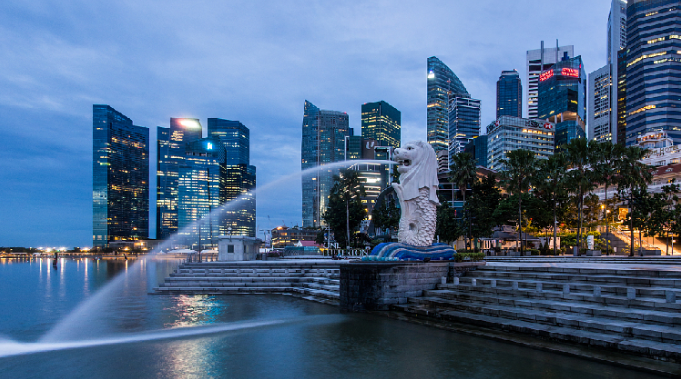Singapore on Wednesday (Nov 23) projected slower economic growth for 2023 as persistent inflation and global economic pressures are expected to reduce
Singapore on Wednesday (Nov 23) projected slower economic growth for 2023 as persistent inflation and global economic pressures are expected to reduce demand in its outward-oriented industries such as trade and finance. The Ministry of Trade and Industry (MTI) forecasted that Gross Domestic Product (GDP) would grow by 0.5 per cent to 2.5 per cent next year, down from around 3.5 per cent in 2022, reflecting a broader global trend of slowing growth.
As an export-reliant economy, Singapore is often considered a bellwether for global economic performance. MTI Permanent Secretary Gabriel Lim explained that the weaker external economic outlook would weigh on key sectors, including electronics and chemicals.
“For the rest of the year, the weaker external economic outlook will weigh on the growth of Singapore’s outward-oriented sectors, including the electronics and chemicals clusters,” Lim told reporters.
The GDP growth forecast for 2022 was narrowed to 3.5 per cent from an earlier range of 3 to 4 per cent. The final GDP growth for the third quarter was 4.1 per cent year-on-year, slightly below the earlier advance estimate of 4.4 per cent.
For 2023, GDP growth is expected to moderate across most major global economies due to several factors. Many central banks are hiking interest rates to combat inflation, China’s strict zero-Covid-19 policies are dampening consumption, and the ongoing conflict in Ukraine continues to disrupt global supply chains.
Lim noted that Singapore’s trade, finance, and insurance sectors are particularly vulnerable to the slowdown in other major economies. Jeff Ng, an analyst at MUFG, commented that Singapore’s economic outlook has worsened due to a sharp decline in manufacturing performance, especially in the electronics sector over the past few months. The official 2023 growth forecast is lower than his own estimate of 2.9 per cent growth.
On a quarter-on-quarter seasonally adjusted basis, Singapore’s economy grew by 1.1 per cent in the third quarter, compared with the government’s earlier estimate of 1.5 per cent and following a 0.1 per cent contraction in the second quarter.
Inflationary pressures remain a concern
Like many other global economies, Singapore continues to grapple with high inflation, which is hovering near a 14-year peak. Edward Robinson, Deputy Managing Director of the Monetary Authority of Singapore (MAS), noted that inflation is expected to remain slightly above five per cent through the end of 2022 and into the first half of 2023.
MAS forecasts core inflation to average about four per cent in 2022 and between 3.5 per cent and 4.5 per cent in 2023. Inflation is expected to ease more significantly in the second half of 2023 as cost pressures subside. Last month, Singapore tightened its monetary policy for the fourth time this year to address rising inflation.
Robinson stated that Singapore’s current monetary policy stance remains appropriate, with the next scheduled review expected in April 2023.



COMMENTS